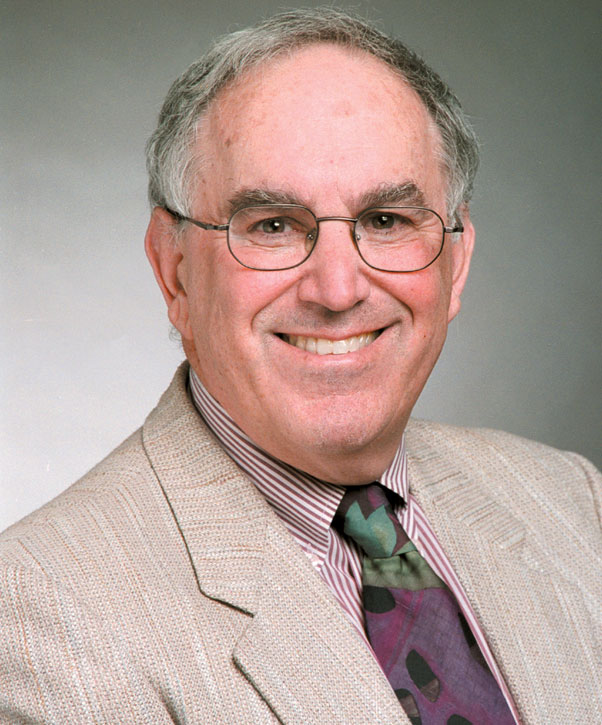Understanding the rules of engagement
By Dr. Michael Gordon
 It can be very difficult for family members to understand their role as a substitute decision-maker (SDM). Some assume, erroneously, that the SDM has primacy over decisions that must be made for finance or personal care. Rather, the SDM comes into action only when the person he or she is acting for is no longer capable of making decisions for him/herself.
It can be very difficult for family members to understand their role as a substitute decision-maker (SDM). Some assume, erroneously, that the SDM has primacy over decisions that must be made for finance or personal care. Rather, the SDM comes into action only when the person he or she is acting for is no longer capable of making decisions for him/herself.
When the role of SDM is accepted, the most important step is to talk with the person asking you to take that responsibility. As SDM, you need to understand your loved one’s beliefs and desires in order to reflect the choices that person would have made had he/she been able to make his/her own decisions.
Relinquishing control
In my practice, I have heard people say, “I am the SDM.” What the person (often a family member) is implying is that he/she can make decisions on behalf of the family member (often a parent).
What many SDMs do not realize is that their role only comes into play when the person they are acting for is deemed to have lost his/her capacity to make decisions. The SDM can only act when the person is incapable (in the legal sense of the term) and unable to understand and appreciate the implications of his/her decision-making. This is usually limited to healthcare decisions or an application to a long-term care facility or, sometimes, financial decisions.
This misunderstanding often means that SDMs try to control their family member’s decisions before that person has been deemed incapable. In fact, older people also often believe that their loved ones are allowed to make such decisions, or might choose not to get into conflict with those they will have to depend on in the future.
In one situation I witnessed, an older man was admitted to a hospital because of a fall. He was mending and able to return home with some help, but was directed by his children to apply to a nursing home. When a social worker asked the man if that was what he wanted, he said “No.” His children were outraged that the social worker was interfering with the “rights” of the SDMs to make such a decision on behalf of their reluctant or even refusing parent.
A difficult situation
Often, SDMs are genuinely trying to find a solution that benefits their loved one. Sometimes, however, it becomes clear that the decision is primarily for the benefit of the SDMs in terms of the demands on their time, energy and finances. This might well be valid—but those issues must be discussed openly, rather than thrusting a decision upon a person through a combination of guilt and misinformation.
Who is right?
It is never easy to act in the role of SDM, especially for someone you love. The way I often frame it is this: Rather than the SDM having the “right” to make decisions on a person’s behalf, it is in fact the SDM’s “right” to fulfill a duty to act on behalf of a dependant or vulnerable person.
Dr. Michael Gordon is Medical Program Director of Palliative Care at Baycrest Geriatric Health Care System.












